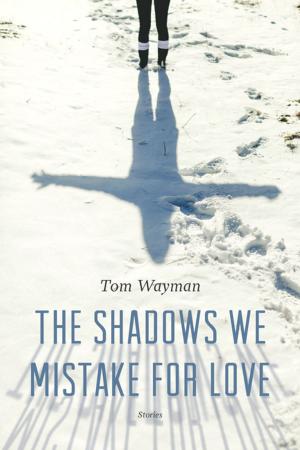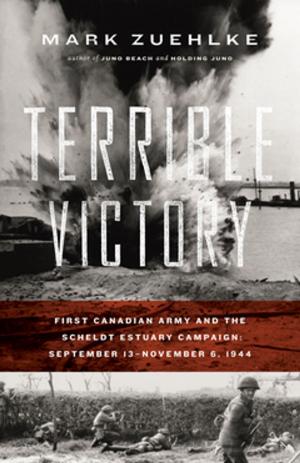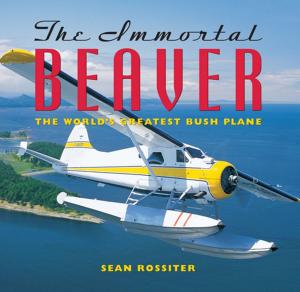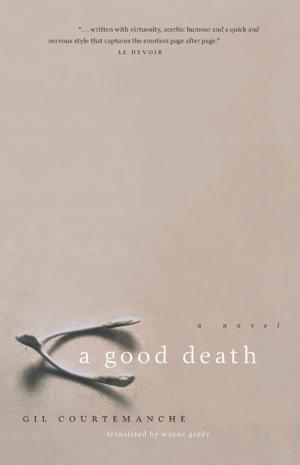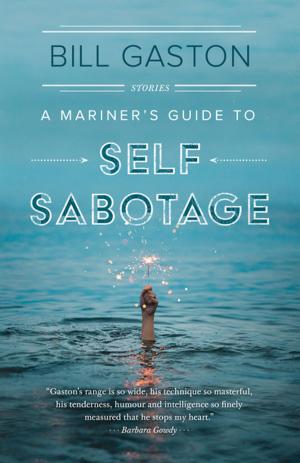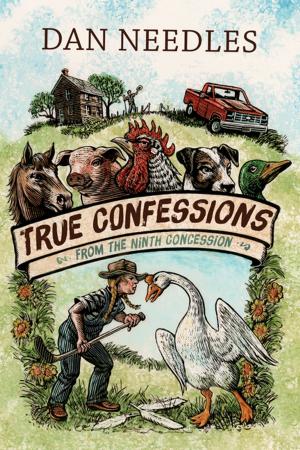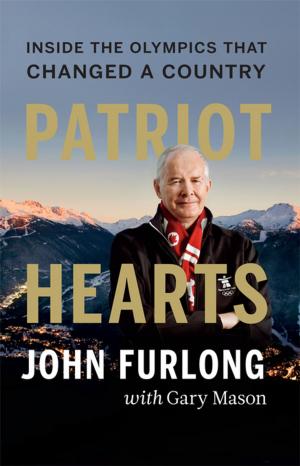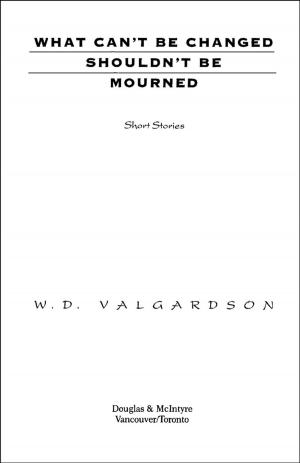| Author: | Charles Kipp | ISBN: | 9781926706788 |
| Publisher: | Douglas and McIntyre (2013) Ltd. | Publication: | December 1, 2009 |
| Imprint: | Douglas & McIntyre | Language: | English |
| Author: | Charles Kipp |
| ISBN: | 9781926706788 |
| Publisher: | Douglas and McIntyre (2013) Ltd. |
| Publication: | December 1, 2009 |
| Imprint: | Douglas & McIntyre |
| Language: | English |
This is the story of one man’s war—the memoirs of Sgt. Charles D. Kipp, who served with the Canadian army on active duty in Europe during the bloody days and weeks following D-Day. What makes this work stand out from other Second World War battlefield journals is its unadorned, almost naive sense—a guileless attention to small details, horrific and beautiful, that Kipp recalls from his experiences.
First published in 2003, this is a must-read, not only for veterans of the War and military history buffs, but also for anyone who seeks to understand what ordinary soldiers endured during the Second World War. Charles d. Kipp was wounded nine times during ten months of fighting at the front during the Second World War. After the war, he farmed briefly before being diagnosed with post-traumatic stress syndrome and suffering a second heart attack. He passed away in January 2000.
This is the story of one man’s war—the memoirs of Sgt. Charles D. Kipp, who served with the Canadian army on active duty in Europe during the bloody days and weeks following D-Day. What makes this work stand out from other Second World War battlefield journals is its unadorned, almost naive sense—a guileless attention to small details, horrific and beautiful, that Kipp recalls from his experiences.
First published in 2003, this is a must-read, not only for veterans of the War and military history buffs, but also for anyone who seeks to understand what ordinary soldiers endured during the Second World War. Charles d. Kipp was wounded nine times during ten months of fighting at the front during the Second World War. After the war, he farmed briefly before being diagnosed with post-traumatic stress syndrome and suffering a second heart attack. He passed away in January 2000.

